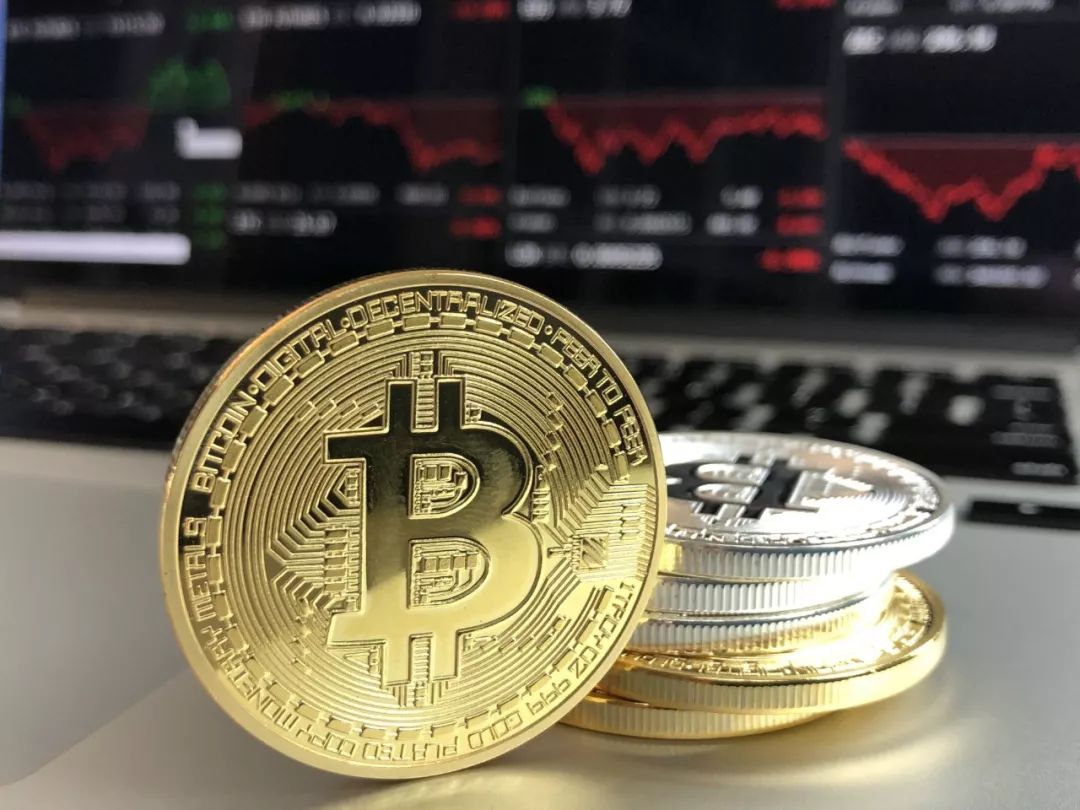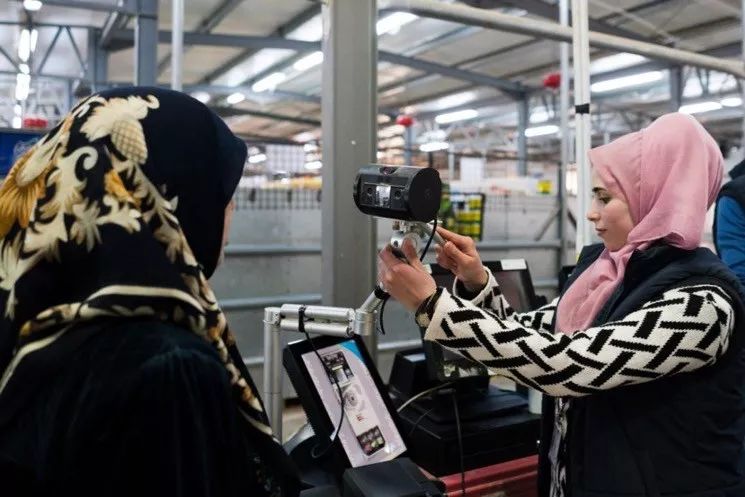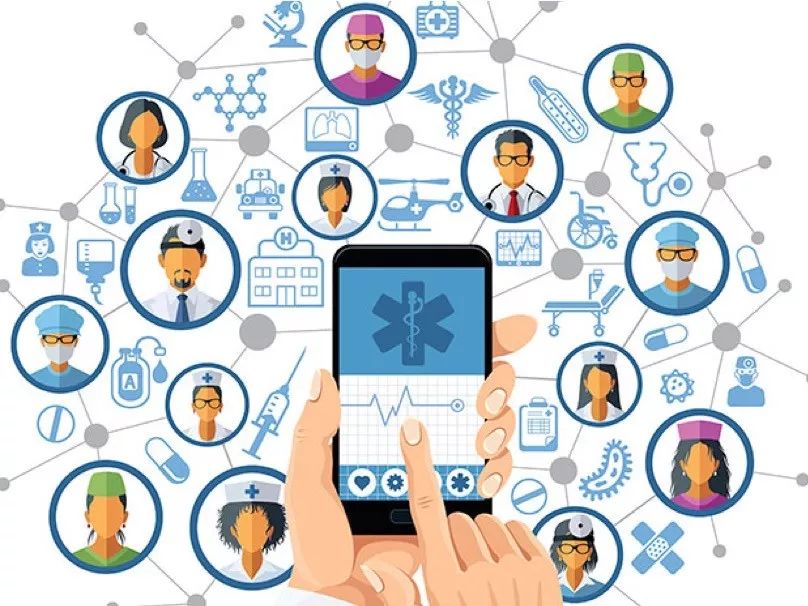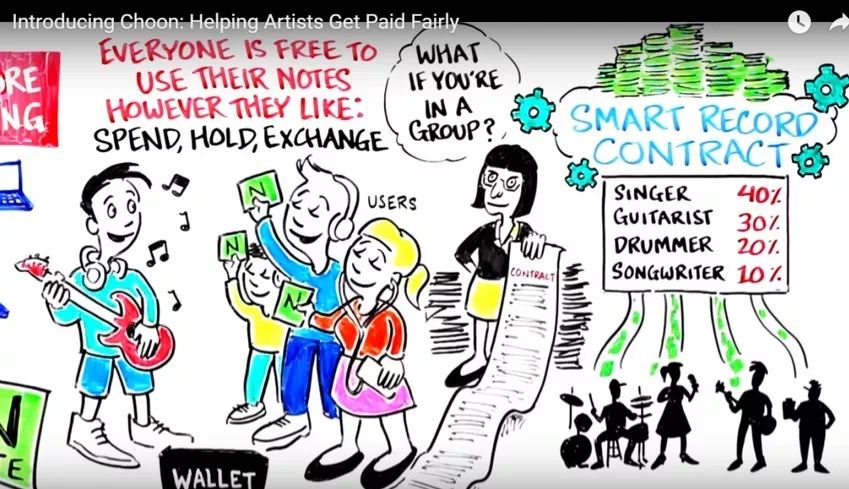Blockchain is not a new concept. It was proposed as early as 2008, but at the beginning of this year, it became popular in China. At the same time, various digital currencies have harvested a lot of leeks, which has attracted considerable controversy. Not only Bitcoin and other digital currencies, the technology can be applied to many fields such as the Internet of Things, finance, and traceability. In the context of the Internet of Things, technologies centered on cloud, artificial intelligence, edge computing, and blockchain are promoting the upgrading of social intelligence and opening the era of intelligence for all things. Many people know that blockchain started with Bitcoin, but what is a blockchain? Most people may not understand. The "China Blockchain Technology and Application Development White Paper 2016" released under the guidance of the Ministry of Industry and Information Technology explained: Broadly speaking, blockchain technology uses block chain data structures to verify and store data, and uses distributed node consensus algorithms to generate and update Data, the use of cryptography to ensure the security of data transmission and access, and a new distributed infrastructure and computing paradigm that uses smart contracts composed of automated script codes to program and manipulate data. It seems that blockchain technology is very similar to the principle of IT technology that we often come into contact with. It is precisely because of the immutability of the blockchain that the application of blockchain technology is credible and transparent. For example, the World Food Program, Eurasylum, an international migration and refugee research organization, and the charity network StartNetwork have all applied blockchain technology in refugee assistance programs to better manage assistance funds and track every consumption. In the past, due to various intermediate transactions or poor management, about 30% of the funds could not be used by the donors. Blockchain technology will completely solve this problem. As early as May 2017, the World Food Program adopted blockchain technology for the first time in the Azraq town refugee camp project in Jordan. As long as the identity verification is completed on the WFP blockchain platform, the relevant items can be collected. This technology is applied Reduced the cost of financial services of the World Food Program by 98%. At the same time, blockchain is more effective in the medical field. The Massachusetts Institute of Technology and the Robert Udd Johnson Foundation recently launched an electronic medical record project called "MedRec". This project is a new type of electronic medical record system that is a distributed record management system that uses Blockchain technology manages identity verification, record confidentiality, accountability and data sharing. According to the Premier Healthcare Alliance, the inability to share records from different systems would result in 150,000 casualties and $18.6 billion in losses. MedRec aims to gather data from multiple sources such as isolated records of different medical institutions, FitBit personal bracelet data, 23andMe personal genetic test reports and other data on the blockchain, while allowing patients to grant information access rights to relevant persons, such as doctors, medical Service providers, researchers, and even patients’ children. In addition, collaboration between multiple enterprises also requires mutual trust and information transparency. Last year, pharmaceutical companies such as Roche Group Genentech, Pfizer, Maxson, AbbVie, Meiyuan Health and other pharmaceutical companies jointly established the MediLedger blockchain project, hoping to establish a distributed pharmaceutical supply chain network and try a new kind of credibility. Operating model. The project is committed to tracking and recording compliance behaviors, ensuring patient safety and drug supply security, and building an open blockchain-based drug supply chain ecological platform. In addition, the protection of copyright will also become more convenient because of blockchain technology. The decentralization of blockchain technology and the characteristics of the entire network can ensure the uniqueness of these digital assets. The Choon platform is a blockchain-based music streaming service platform that cooperates with artists with original music works, and various rights and interests such as copyright, management, and sampling fees will be written in the blockchain smart contract. Artists can also pass The smart contract pre-authorizes the free mixing creation of other artists, and divides the copyright revenue. If artificial intelligence brings a revolution in productivity, then blockchain will bring a revolution in production relations? Recently, Alibaba Cloud has launched an enterprise-level blockchain service (Blockchain as a Service, BaaS for short), which provides technical support for mainstream open source Hyperledger Fabric and Ant Blockchain. The deployment of the blockchain environment can be completed with one click. It is the industry's first cloud vendor to provide cross-regional enterprise-level BaaS services. The blockchain cases mentioned above can all be implemented through Alibaba Cloud BaaS. Enterprises can focus on core business innovation, quickly get on the chain, and can also create blockchain business organizations in their respective regions to form a cross-regional blockchain business alliance. From the introduction of the official website, recommended application scenarios include, but are not limited to, data asset transactions, commodity traceability, supply chain finance, and digital content copyright protection. One of the important functions of blockchain technology is that records cannot be tampered with, so they can be used for evidence. The recorded information can be the individual's digital assets or transaction information to confirm the individual's ownership and related rights and interests, and can be used for notarization and credit investigation, or legal rights protection. For example, Alibaba Cloud BaaS has been used in a data transaction platform, and the platform will register each transaction record on the chain, because data transactions can be traced back to individual users. For individuals, they can benefit from value sharing and feedback; for platforms, these data have original authenticity, and subsequent analysis and mining have extremely high value. Big data technology plays a role in public decision-making, business management, marketing and all aspects of life, but "dirty data" has always been a huge problem for the industry. The second role of blockchain technology is to be suitable for multi-party collaboration. Alibaba Cloud BaaS also has an enterprise user in the collection industry. Through the blockchain, the credible track certification is carried out, and the holders, expert evaluation reports, past transaction prices, and historical information are verified. When the collection information is put on the chain, multiple roles work together to form a market consensus. In addition, it is a broader product traceability. It should be pointed out that the blockchain ensures the authenticity of the information on the chain, and its'fidelity' ability is better than the'anti-counterfeiting' effect, from the physical world of the chain to the digital information on the chain The transfer still needs other auxiliary work. Taking the supply chain as an example, an enterprise user has established a blockchain supply chain management platform based on Alibaba Cloud BaaS. Small and medium-sized enterprises enter the required information on the platform and actually record the entire process of trade transactions, so as to learn from large enterprises or financial institutions. Obtaining investment accelerates capital turnover and facilitates sound business development. With so many kinds of information recorded on the blockchain, it is conceivable that security is the top priority of the blockchain; then, how does Alibaba Cloud solve the problem of providing financial-level security services? The answer is SGX chip-level protection. Alibaba Cloud is the first public cloud vendor in Asia to support Intel SGX encryption computing. It has implemented a block chain product based on Intel SGX's chip-level key protection function in Hyperledger Fabric. Key generation, Storage and use (such as signature) are carried out in the security structure in the chip, ensuring that encrypted data can only be calculated in a safe and reliable environment, even if hackers have obtained the host's administrator authority through numerous security protections, they cannot be stolen. To the key. It is reported that there are already many enterprise customers in the Internet, big data, industrial manufacturing, etc. that have tried Alibaba Cloud's blockchain solutions. Alibaba is the world's first technology company to deploy blockchain technology. In the "2017 Global Blockchain Enterprise Patent Rankings" released this year, Alibaba topped the list with 49 patents. And has successfully applied blockchain technology to food safety traceability, product authenticity protection, authenticity protection of housing rentals and even public welfare. At last It needs to be pointed out again that blockchain technology is not omnipotent. For some scenarios that have been well solved by centralized systems, one is that there is no need to repeat the wheel, and the other is that even if the input-output ratio is too high, it may be too high. What we should think more about is how to use the blockchain to fill in the gaps and solve the problem of the distributed structure. Hybrid Solar Inverter,Hybrid Inverter System,Electricity Hybrid Solar Inverter,Hybrid Off Grid Solar Inverter GuangZhou HanFong New Energy Technology Co. , Ltd. , https://www.gzinverter.com


